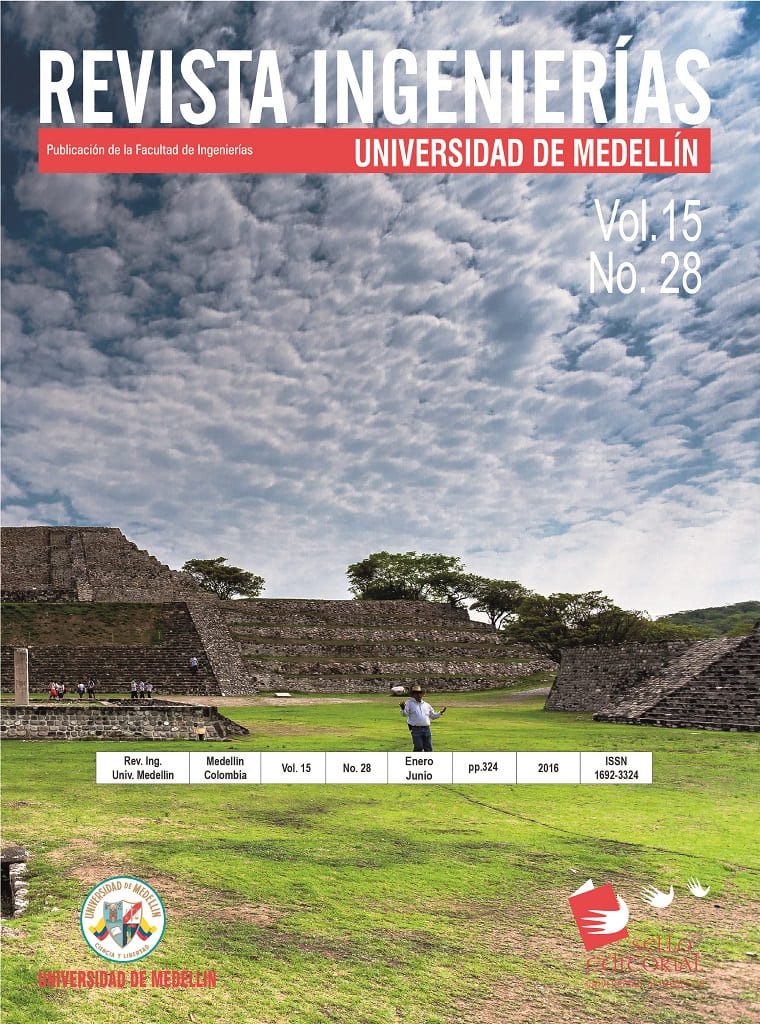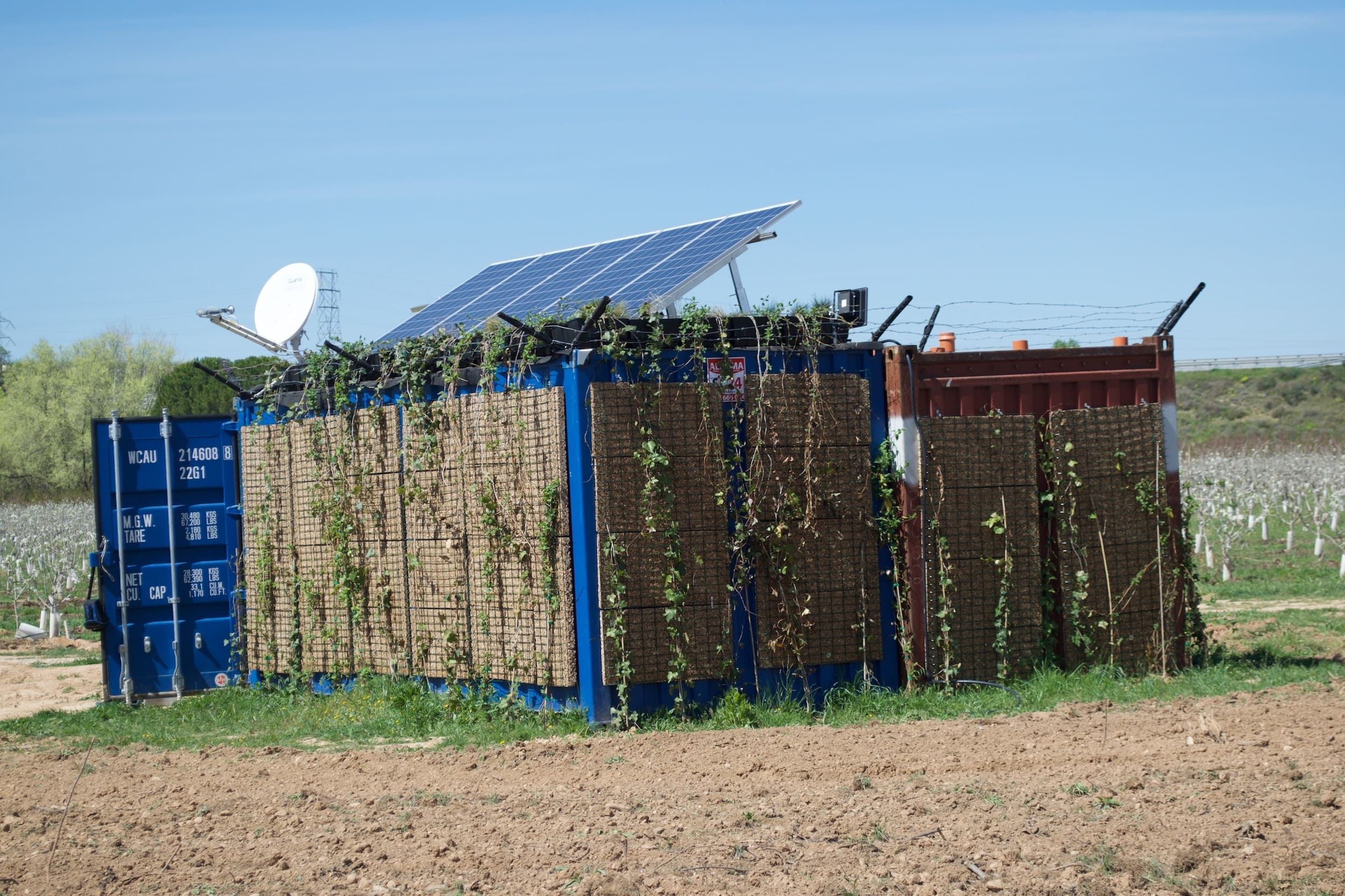View:
Editorial
Articles
Techniques and Technologies for Countrymen, Case Study: Coca-Coffee Growers in Miranda (Cauca, Colombia)
Abstract views: 850
Online: Oct 14, 2016
Pages: 13-33
A systematic mapping of water quality prediction using computational intelligence techniques
Abstract views: 1180
Online: Jul 29, 2015
Pages: 35-51
ICTs for determining operational parameters of engineered wetlands designed for the treatment of nitrate-polluted water
Abstract views: 823
Online: Aug 5, 2015
Pages: 53-69
Analysis of rolling in high-strength structural steel plates (S690QL)
Abstract views: 980
Online: Jun 7, 2015
Pages: 71-82
Model of requirements for technological renewal of energy market management systems in Colombia
Abstract views: 579
Online: Jul 2, 2015
Pages: 83-101
Information systems focused on precision agricultural technologies applicable to sugar cane, a review
Abstract views: 2700
Online: Jul 28, 2015
Pages: 103-124
A systematic review of data quality issues in knowledge discovery tasks
Abstract views: 1613
Online: Jul 29, 2015
Pages: 125-149
NFC as an Alternative for Improving Videogame Development in Mobile Devices
Abstract views: 911
Online: Jul 29, 2015
Pages: 151-171
Modeling of a context-aware system to support interventions in physical activities and healthy nutrition
Abstract views: 687
Online: Jul 30, 2015
Pages: 173-196
Mobile information system for seed production processes in gene banks, CIAT study case
Abstract views: 1522
Online: Jul 31, 2015
Pages: 197-216
Security system for overloading of a subsoiler
Abstract views: 1958
Online: Aug 3, 2015
Pages: 217-240
Evaluation of the powder detergent production process from simulation
Abstract views: 1585
Online: Oct 7, 2015
Pages: 241-260
Empirical evidence of the influence of contextual attributes in the software requirements elicitation process
Abstract views: 631
Online: Oct 20, 2015
Pages: 261-285
Description of the classification of publications and the models used in solving of the vehicle routing problem with pickup and delivery
Abstract views: 1011
Online: Aug 11, 2015
Pages: 287-306


